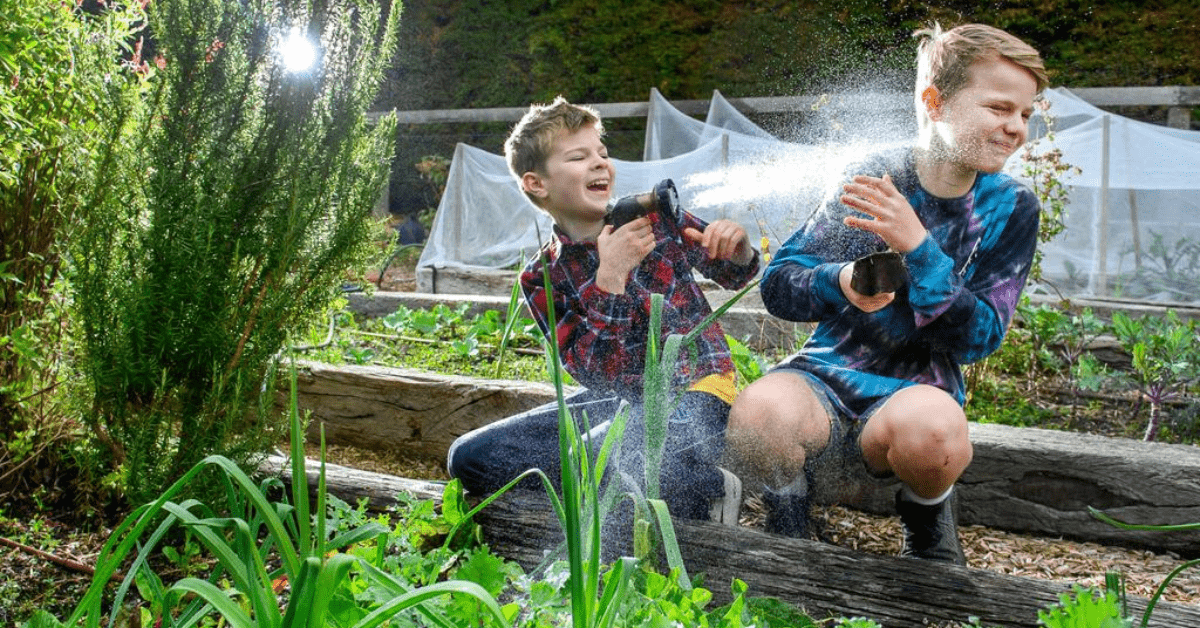Positive Discipline and Behavior Management: Proven Strategies to Nurture Your Child’s Growth
All of us who are parents want the best for our kids. We want them to develop into joyful, self-assured, and socially adept adults. The control of a child’s conduct and discipline are important aspects of parenting. But what is positive discipline exactly, and why is it crucial?
A parenting strategy known as a positive discipline focuses on teaching kids the abilities they need to act properly and make wise decisions. It places a strong emphasis on cooperation, honest communication, and problem-solving. Positive discipline, as opposed to traditional punishment-based methods, tries to guide children rather than control them.
When we use positive discipline, we foster an atmosphere where our kids feel secure and cared for. We assist children in acquiring the self-control, empathy, and problem-solving abilities that will benefit them throughout their life. The parent-child bond is strengthened by positive discipline, which encourages open communication and trust.
The Importance of Positive Discipline in Nurturing Your Child’s Growth
Positive discipline is essential for nurturing your child’s growth in several ways.
1. It Encourages Emotional Health
Children who are reared with positive discipline feel safe and cherished, which boosts their general well-being and sense of self-worth. They acquire effective coping skills and learn to control their emotions.
2. Encourages Children to Acquire Critical Life Skills
Secondly, using positive discipline encourages kids to acquire critical life skills. We give them the skills they need to deal with difficulties in both their personal and professional life by instructing them in problem-solving and conflict-resolution approaches. In addition to teaching empathy and compassion, positive discipline helps kids form solid, constructive connections with others.
3. Growth Mindset
Additionally, children that get good discipline have a growth mindset. It helps people to view errors as chances for growth rather than failures. They acquire the ability to accept accountability for their deeds and comprehend the effects of their decisions.
This kind of thinking will give them the confidence to take on difficulties head-on and keep going when they do.
Common Challenges in Behavior Management and Discipline
Positive discipline is a potent tool for fostering a child’s development, but it’s not always simple to use. When it comes to controlling behavior and enforcing discipline, many parents confront similar difficulties. Understanding these issues can aid in the creation of efficient solutions.
1. Inconsistency
Children may become confused if parents find it difficult to be consistent in their methods of punishment. Consistency can undercut the benefits of positive punishment and impede a child’s development. It’s critical to establish boundaries and expectations that are both explicit and consistently enforced.
2. Lack of Clear Communication
The absence of clear communication is another issue. Without expressly articulating them, parents occasionally believe that their kids understand the ground rules and expectations. However, in order for children to fully understand what is expected of them, communication must be clear and simple. Explaining rules and consequences in detail can help avoid misconceptions and encourage improved conduct.
3. Staying Calm and Composed When Facing Challenging Behavior
Lastly, parents may find it difficult to maintain their composure while dealing with difficult conduct. It’s normal to feel annoyed or overburdened, but acting out in a punitive or angry manner can backfire. Taking care of oneself and learning stress-reduction techniques can help parents interact with their kids in a calm and positive way.
Effective Strategies for Positive Discipline and Behavior Management
Now that we are aware of the value of positive discipline and the typical difficulties we can encounter let’s look at some practical methods for fostering your child’s development.
1. Setting Clear Expectations and Boundaries
Establishing boundaries and clear expectations is a crucial tactic. Children must understand what is expected of them as well as the repercussions of their choices.
Sit down with your youngster and talk openly about your family’s principles and ground rules. Ensure that your child understands the expectations and that they are acceptable for their age. Children are more likely to act appropriately when they are aware of the boundaries.
2. Building a Positive Parent-Child Relationship
The foundation of effective positive discipline is a good parent-child relationship. Spend time with your kids, have meaningful conversations with them, and express a sincere interest in their life.
Your child will feel loved, understood, and more responsive to your direction if you can establish a close relationship with them. Discipline is far more effective when it stems from a position of love and respect.
3. Utilizing Positive Reinforcement Techniques
A potent strategy for managing behavior is positive reinforcement. Recognize good behavior in your child and give them praise when it occurs. Saying “Well done!” or offering them a tiny prize could suffice.
Positive reinforcement encourages your youngster to keep making excellent decisions and helps to reinforce good behavior. Remember to keep your attention off of the bad behaviors and instead concentrate on the behavior you want to see more of.
4. Teaching Problem-Solving and Conflict Resolution Skills
Teaching your youngster how to resolve conflicts and solve problems is another helpful method. Encourage children to exercise critical thought and create their own solutions to issues.
When disagreements occur, assist the parties in working out a compromise by helping them comprehend each other’s points of view. You are giving your child important life skills by giving them the freedom to resolve problems in a healthy way.
5. Consistency and Follow-Through in Discipline
The positive discipline relies heavily on consistency. When your child misbehaves, it’s important to stick to the agreed punishments. Giving in or altering the consequences gives your child conflicting messages and reduces the effectiveness of positive discipline. To ensure that your child is aware of the limits and expectations, enforce the rules consistently while remaining tough but fair.
6. Seeking Support and Resources for Positive Discipline and Behavior Management
Parenting can be difficult, so it’s acceptable to look for help and tools to improve your positive parenting techniques. Read parenting books, attend workshops on positive discipline, or join parenting clubs.
Speaking with other parents who have gone through similar things can be a great source of support and knowledge. Remember that none of us has all the solutions and that asking for assistance is a sign of strength.
Conclusion
It takes time, insight, and constant learning to master the art of positive discipline and behavior management. We may foster an environment that fosters our child’s growth by realizing the value of constructive discipline, identifying common difficulties, and putting effective techniques into practice. Never forget that the goal of positive discipline is to guide and teach our children essential life skills while also establishing a loving and respectful relationship between parents and children. Embrace the power of positive discipline and watch your child thrive.
Thank you for reading this post, don't forget to subscribe to our newsletter!


